Less than a week after assuming office, President Donald Trump launched a comprehensive initiative aimed at addressing undocumented migration in the United States.
Key officials from the Trump administration, including "border czar" Tom Homan and the acting deputy attorney general, visited Chicago on Sunday to oversee the commencement of intensified immigration enforcement in the city. Specific details regarding the operation, such as the number of arrests made, were not disclosed at that time.
“U.S. Immigration and Customs Enforcement, along with federal partners, including the FBI, ATF, DEA, CBP and the U.S. Marshals Service, began conducting enhanced targeted operations today in Chicago to enforce U.S. immigration law and preserve public safety and national security by keeping potentially dangerous criminal aliens out of our communities,” the statement reads.
On the same day, Trump imposed tariffs and visa restrictions on Colombia after President Gustavo Petro declined to allow two U.S. military aircraft to land while transporting migrants being deported under the new immigration policies.
President Petro criticized this approach, arguing that it unfairly criminalizes migrants. He stated on social media platform X that Colombia would facilitate the return of deported migrants via civilian flights.
"The U.S. cannot treat Colombian migrants as criminals," Petro wrote.
Additionally, Mexico also declined a request last week for a U.S. military aircraft to land with migrants. However, Trump did not impose similar measures against Mexico, the U.S.'s largest trading partner.
Below is a summary of five other notable immigration-related actions taken by Trump during his first week back in office.
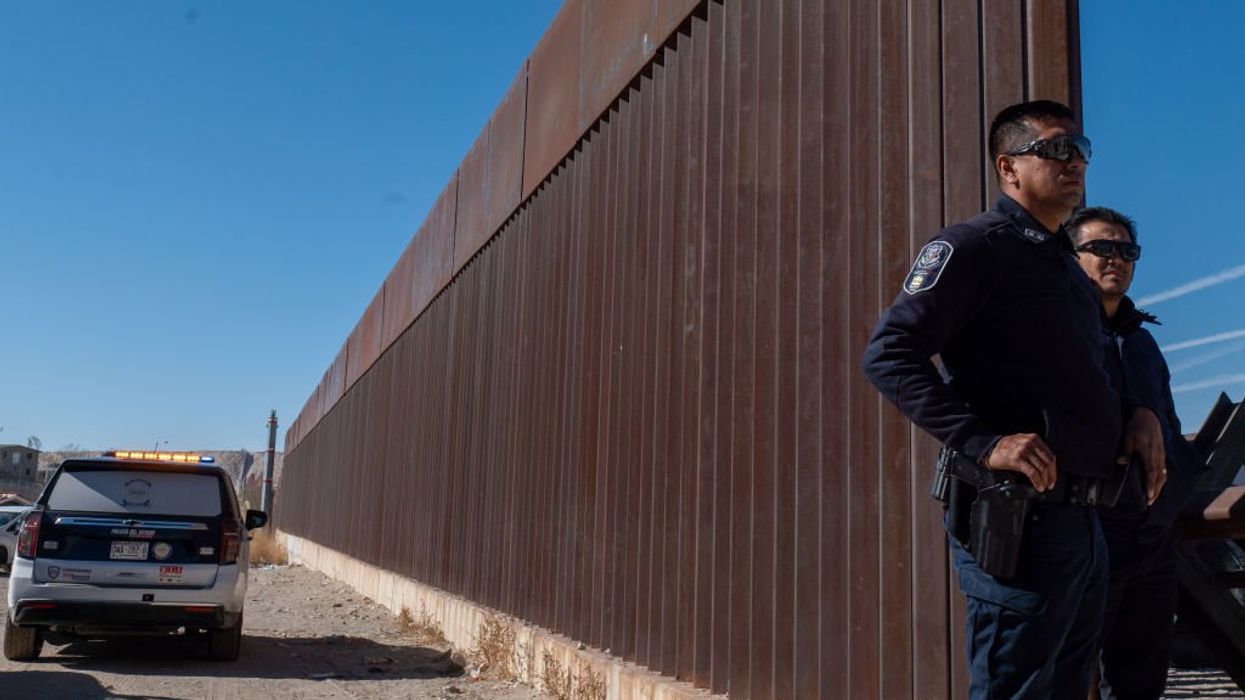 The Chihuahua State Police, in cooperation with the U.S. Border Patrol, conduct a joint operation to prevent illegal border crossings in Ciudad Juarez, Chihuahua, Mexico on January 24, 2025. (Photo by David Peinado/Anadolu via Getty Images)
The Chihuahua State Police, in cooperation with the U.S. Border Patrol, conduct a joint operation to prevent illegal border crossings in Ciudad Juarez, Chihuahua, Mexico on January 24, 2025. (Photo by David Peinado/Anadolu via Getty Images)
- Fortifying the US-Mexico border
Last week, the Pentagon announced the deployment of 1,500 active-duty troops at the southern US border. This is in addition to 2,500 active-duty personnel already there, officials said - marking a 60% increase in Army troops in the area.
The troops will fly helicopters to help Border Patrol agents with monitoring, said acting Defense Secretary Robert Salesses. They will also help construct barriers to stop migrants from coming in.
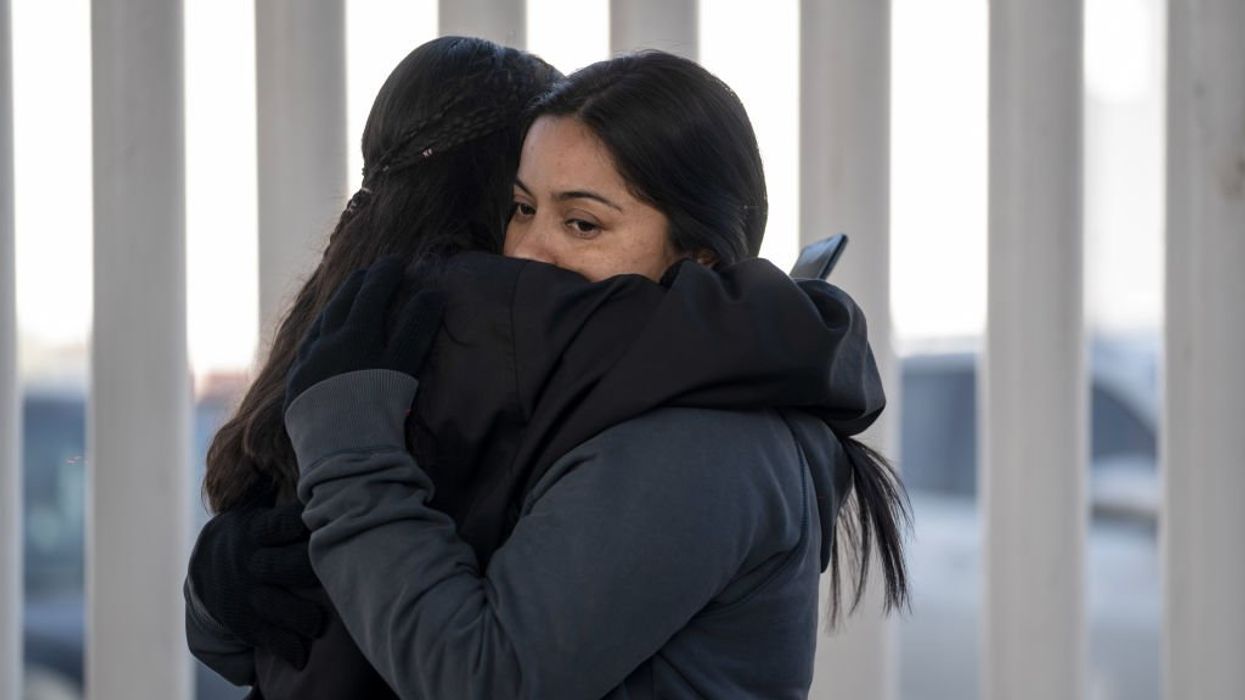 January 2025, Mexico, Tijuana: Silvia Martinez and her daughter, both Salvadoran migrants, hug after learning that their appointment to apply for asylum in the US has been canceled. (Photo by Felix Marquez/picture alliance via Getty Images)
January 2025, Mexico, Tijuana: Silvia Martinez and her daughter, both Salvadoran migrants, hug after learning that their appointment to apply for asylum in the US has been canceled. (Photo by Felix Marquez/picture alliance via Getty Images)
2. Halting the Processing of Migrants and Asylum Seekers
In an executive order, President Trump suspended the entry of all undocumented migrants into the United States, directing border patrol agents to deny entry without providing asylum hearings. Before this order, migrants arriving at the US border had the legal right to seek asylum.
 hands using mobile phone apps Getty Images//Guido Maieth
hands using mobile phone apps Getty Images//Guido Maieth
3 . Canceling Existing Migrants' Appointments
A significant change that occurred shortly after Trump took office was the discontinuation of the CBP One smartphone app, which allowed migrants to schedule appointments with US border patrol agents.
The app had been introduced by the Biden administration to help organize and streamline the entry process for migrants fleeing persecution. Following the app's removal, reports indicated that approximately 30,000 individuals were left stranded in Mexico, all of whom had previously scheduled appointments that were subsequently canceled.
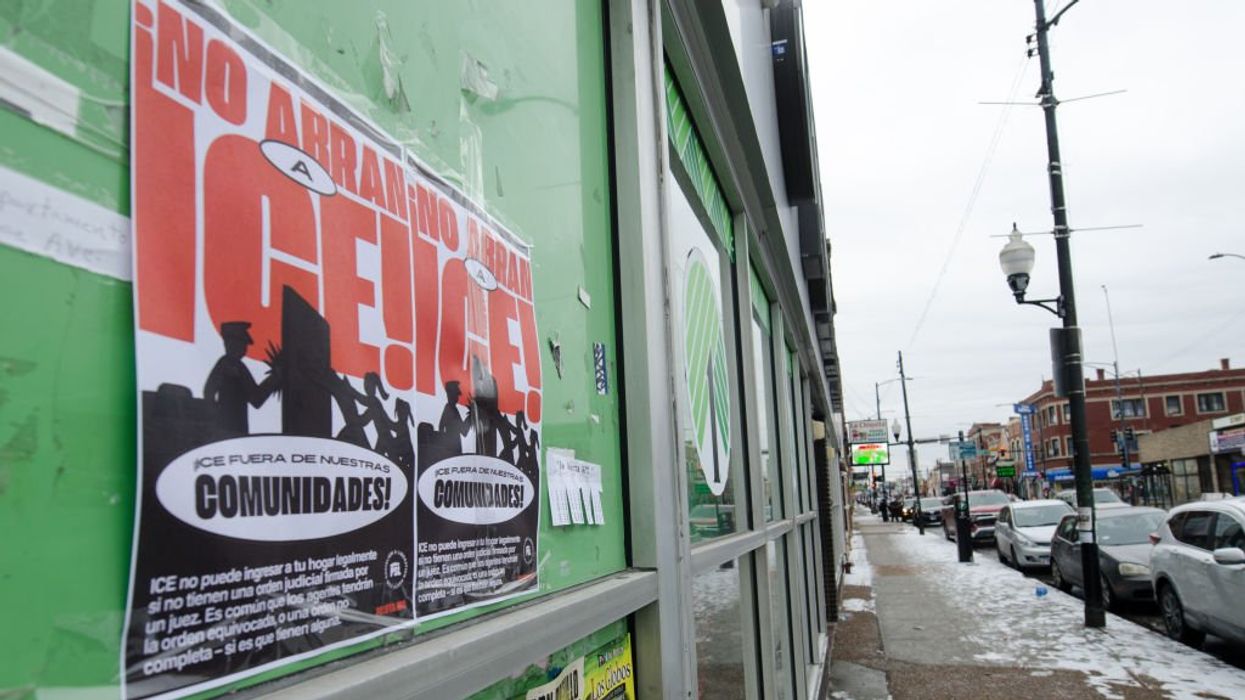 Posters plastered in Little Village, a predominantly Mexican neighborhood, warn residents of ICE raids, emphasizing 'DON'T OPEN ICE! ICE OUT OF OUR COMMUNITIES!' on January 22, 2025. (Photo by Jacek Boczarski/Anadolu via Getty Images)
Posters plastered in Little Village, a predominantly Mexican neighborhood, warn residents of ICE raids, emphasizing 'DON'T OPEN ICE! ICE OUT OF OUR COMMUNITIES!' on January 22, 2025. (Photo by Jacek Boczarski/Anadolu via Getty Images)
4. Expanding ICE Powers and Conducting Raids
Several of President Trump's executive orders aimed to enhance the authority of Immigration and Customs Enforcement (ICE) in apprehending and detaining undocumented migrants within the United States. One order rescinded a long-standing guideline that restricted immigration raids in "sensitive" locations, such as schools, hospitals, and places of worship. Another directive sought to broaden a program that permits ICE to delegate its immigration enforcement responsibilities to state and local law enforcement agencies.
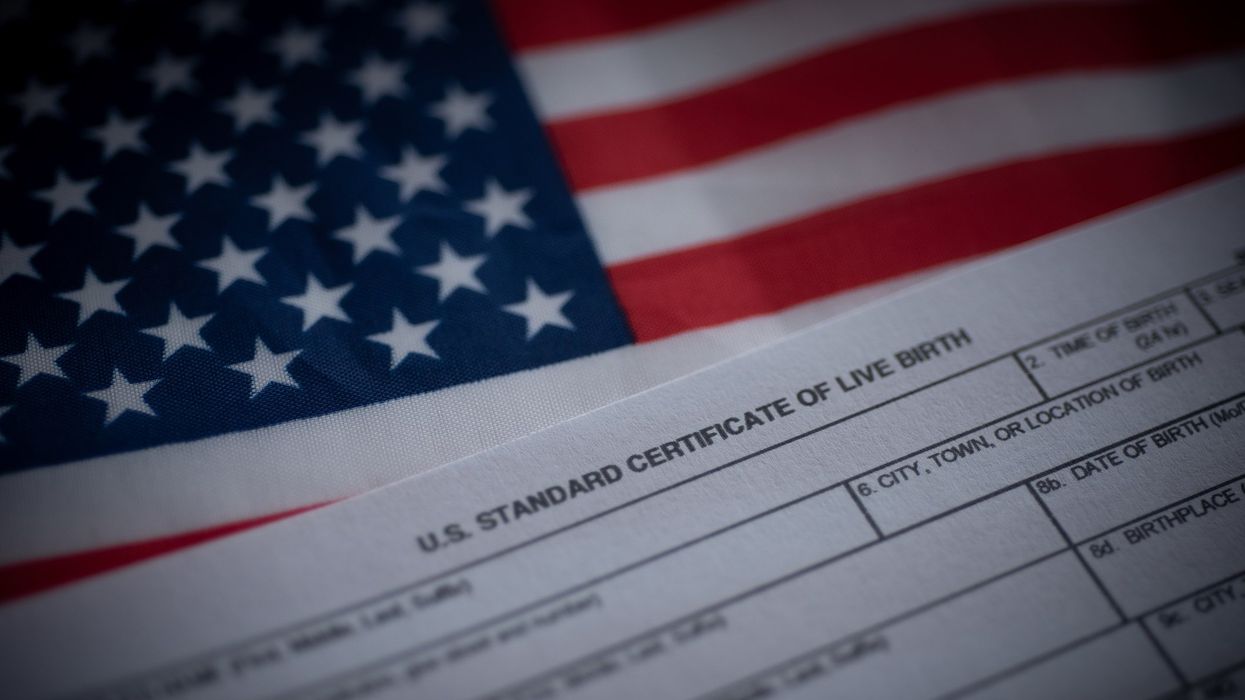 U.S. standard certificate of live birth application form next to flag of USA. Birthright citizenship concept. Getty Images//Stock Photo
U.S. standard certificate of live birth application form next to flag of USA. Birthright citizenship concept. Getty Images//Stock Photo
5. Ending Birthright Citizenship
Through an executive order, the Trump administration has sought to challenge the citizenship status of certain U.S.-born children of immigrants, a right protected by the 14th Amendment of the Constitution. More than 20 states have initiated legal action to contest the order and defend this constitutional right. Additionally, a federal judge temporarily blocked the executive order, labeling it “blatantly unconstitutional.”
These actions reflect a shift in the language and practices surrounding the United States ‘immigration system. The ultimate impact will likely depend on the ensuing political and legal developments. Experts suggest that immigration flows may decrease, and enforcement measures could become significantly stricter, potentially affecting the economy and other areas.
. Hugo Balta is the executive editor of the Fulcrum and a board member of the Bridge Alliance Education Fund, the parent organization of The Fulcrum. He is also the publisher of the Latino News Network and the only person to serve twice as president of the National Association of Hispanic Journalists (NAHJ).




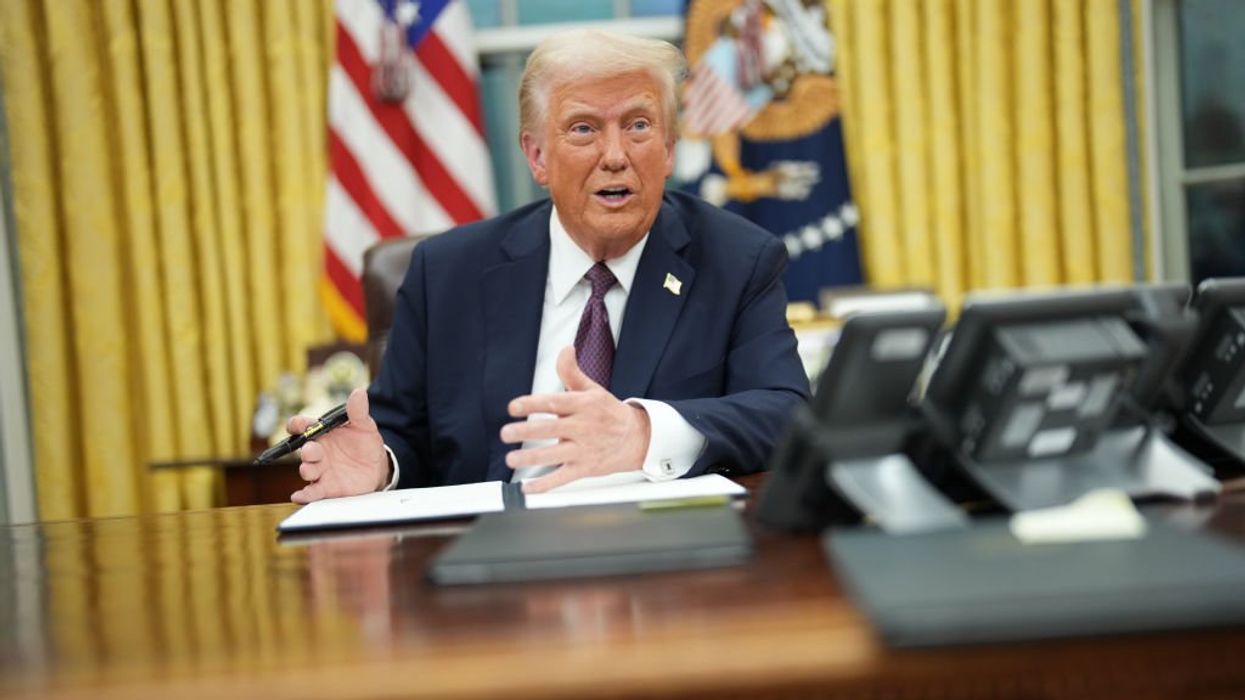















Trump & Hegseth gave Mark Kelly a huge 2028 gift